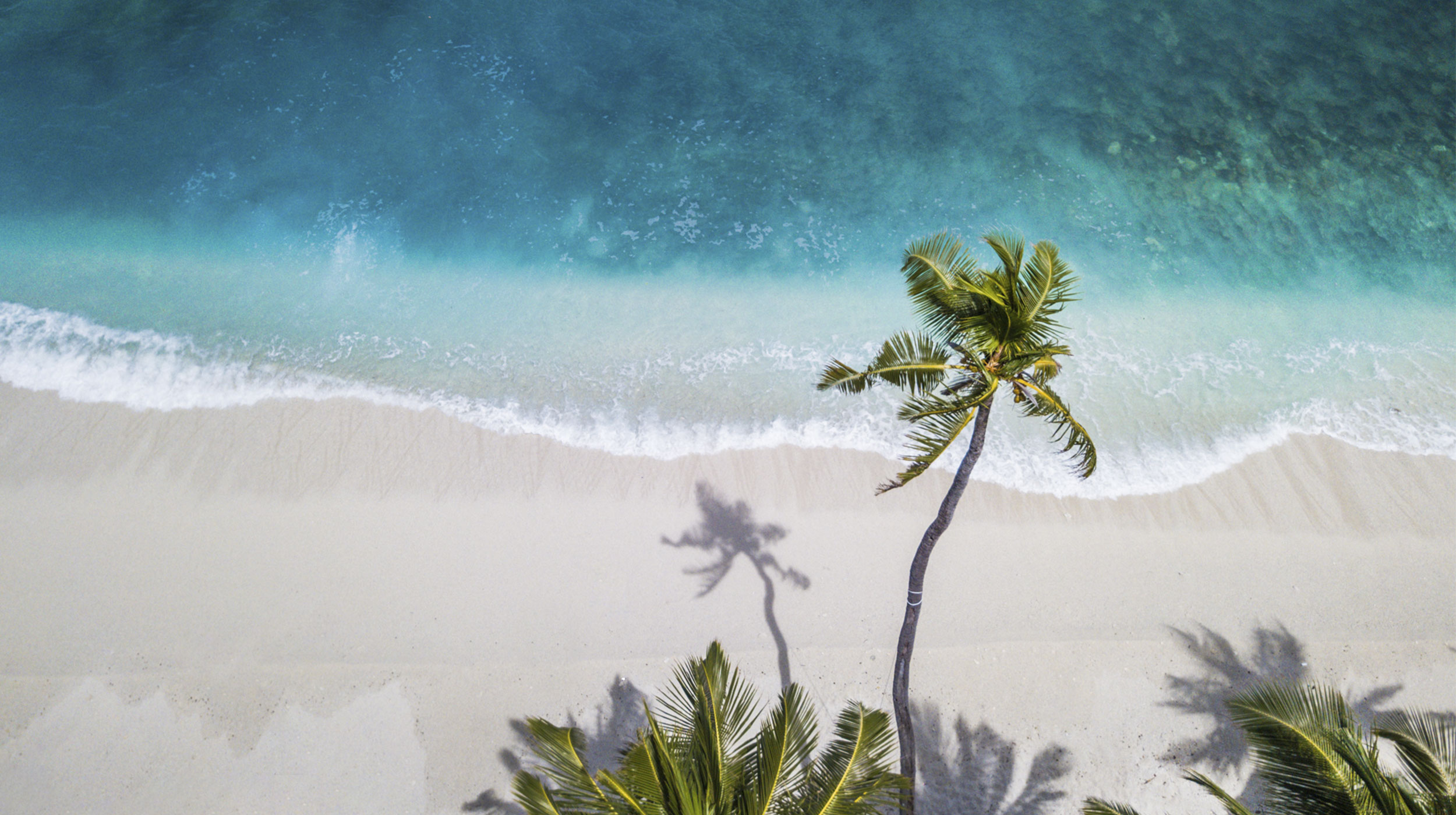Launch a business, and among the top items on your to-do list will be “create a web address.” Whether you go simple-and-straightforward or cutesy-and-creative, the address will likely end with .com. But that isn’t the only option.
In Britain, for example, where the default tack-on is .uk, some 320,000 businesses have paid a premium to dress up their web addresses with .eu which seemingly conveys more cachet. “Having a .eu extension makes it easier for businesses to grow across borders and to address the needs of customers in other countries,” says the European Commission. “It advertises their pan-European status.”
But following last year’s Brexit vote, the EC warned that British companies would lose their .eu privileges once the cord was cut. When the House of Commons kicked Theresa May’s Brexit deal to the curb last month, that threat suddenly became very real. A forced return to .uk will be a painful and costly ordeal for the companies involved. It will also have unwelcome implications for their brand and corporate identity.
A bit of context: .eu, .uk, .com are known as TLDs—Top Level Domains—and every country on the planet, including nano-states like Nauru and Liechtenstein, has its own. But you’re not locked into the TLD of your home country and many TLDs are available to foreign licensees.
If you’re a brain surgeon or a celebrity diet doctor, for example, Moldova will happily rent out its domain—.md—for use on your website, wherever in the world you hang your shingle. Similarly, Djibouti’s domain (.dj) could have appeal for disk jockeys, Latvia’s (.lv) for Las Vegas casino owners, and Norway’s (.no) for cranky two-year-olds who’ve missed their nap.
The rent-a-domain concept originated with the island nation of Tuvalu, which began licensing its domain—.tv—to media and communications companies in 1999. With few natural resources and a remote island location, Tuvalu doesn’t have a lot of options when it comes to exporting goods. .tv is pretty much it.
Also, the country may not be around much longer. Poking barely a few feet out of the Pacific, the nine atolls that make up Tuvalu are in danger of vanishing beneath the waves as climate change pushes sea levels higher. Part of the licensing proceeds fund research aimed at keeping the country above water.
To be sure, most businesses are content to use the TLD of the country where they’re located. Whatever the lure of an exotic TLD, they see few tangible benefits, if any, to messing with the two or three letters that come after the dot.
Perhaps. But arguably every marketing and identity-related decision a company makes sends a message that registers—loudly, quietly or subliminally—on anyone who’s paying attention. Even little things, like serial comma policies, headline fonts and TLDs, help shape your brand, for better or worse, and how you’re perceived in the marketplace.
And, maybe in today’s hyper-competitive environment, TLDs aren’t such little things. Just ask the 320,000 UK businesses about to lose theirs.




